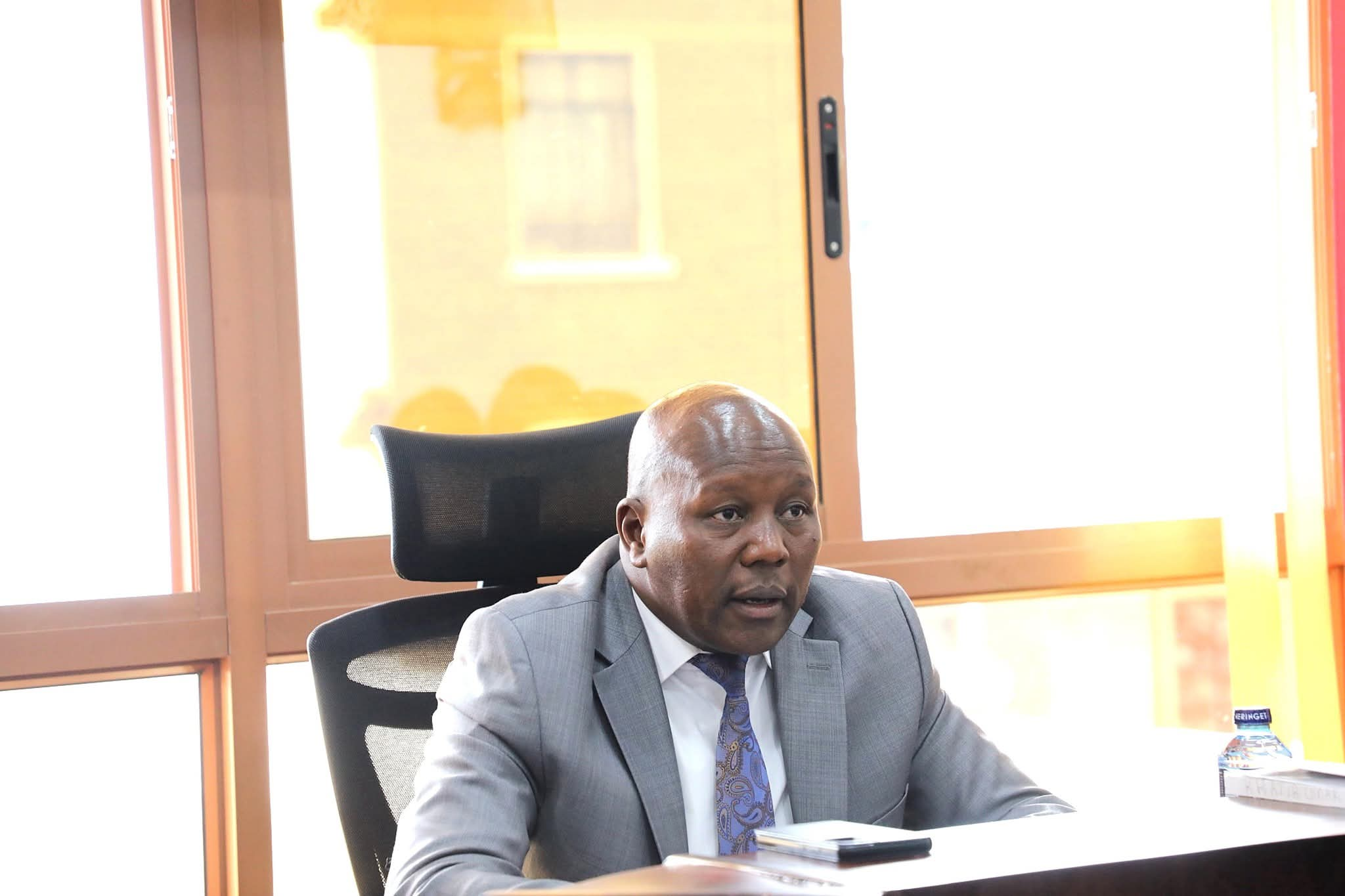 Kajiado Senator Kanar Seki. Photo Courtesy.
Kajiado Senator Kanar Seki. Photo Courtesy.
By Andrew Mbuva
Kajiado Senator Kanar Seki has called for thorough accountability from the Ministry of Education following shocking revelations of massive discrepancies in the disbursement of capitation funds to public schools across the country.
Speaking during a Senate session, Senator Seki cited a special audit report that uncovered widespread financial irregularities and chronic underfunding in the education sector during the Financial Years 2020/2021 and 2021/2022.
According to the report, public secondary schools were underfunded by Kshs. 71 billion, Junior Secondary Schools (JSS) by Kshs. 31 billion, primary schools by Kshs. 14 billion, and Special Needs Education (SNE) in secondary schools by a staggering Kshs. 67 billion.
Even more alarming, the report indicates that 14 non-existent schools received capitation funds amounting to Kshs. 16 billion, while an additional six schools that had already closed continued to receive funding.
Terming the revelations as a “serious breach of public trust,” Senator Seki demanded urgent explanations and accountability from the Ministry of Education and its affiliated agencies.
“These revelations raise fundamental questions about transparency and accountability within the Ministry of Education and related agencies. Disbursing billions to non-existent or non-operational schools, while learners face teacher shortages, infrastructure challenges, congestion, and delayed funding, is a betrayal of the Kenyan people,” Senator Seki stated.
The senator has now called on the Senate Standing Committee on Education, chaired by Senator Betty Montet, to provide a detailed account of the actions being taken to address the underfunding crisis—particularly in Junior Secondary Schools, which are grappling with high operational and infrastructural demands under the Competency-Based Curriculum (CBC).
He also demanded clarification on how the 14 ghost schools were registered and included in the National Education Management Information System (NEMIS) without proper verification.
Senator Seki wants the identities of the officials from the Ministry of Education and the National Treasury who were responsible for the inclusion and irregular payments revealed in the report.
Further, he has called for an update on efforts to recover the lost funds and hold those responsible to account.
Senator Seki urged the Committee to establish whether the Ministry of Education plans to carry out a comprehensive audit and verification of the NEMIS database to safeguard public resources and prevent future disbursement of funds to fraudulent or defunct institutions.
The revelations have sparked public outrage and renewed scrutiny over the management of education funds in Kenya, with stakeholders demanding urgent reforms and increased oversight to restore public confidence in the sector.